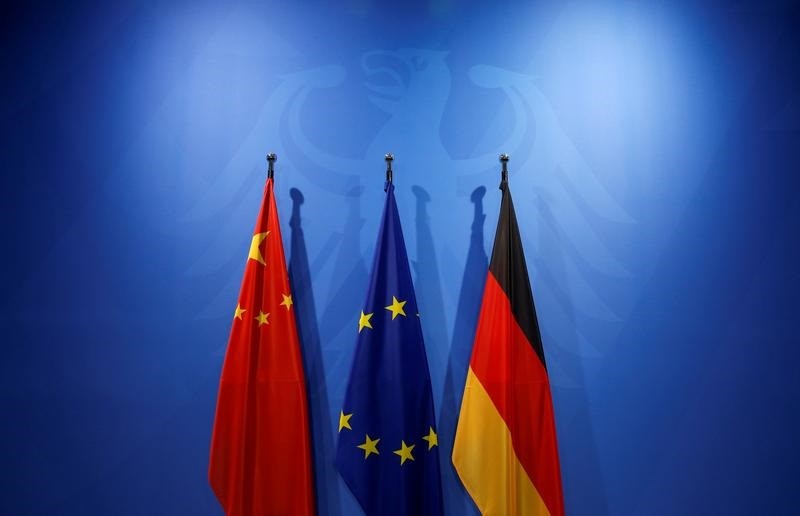Investment deal expected to bolster European dealmaking in China

European companies are expected to hunt for assets in China, mainly in insurance, healthcare and automobile sectors, after the world’s second-largest economy and the European Union agreed to an investment deal last month, lawyers and bankers say.
The agreement, which took nearly seven years to reach and commits to more liberalisation of China’s market will likely take another year to enter into force. It is not clear if the deal grants more leeway on mergers and acquisitions.
However, bankers believe China inbound dealflow, which for decades has remained small compared with its economic size and market potential due to barriers to entry for foreign capital, will pick up in time.
“The EU-China Comprehensive Agreement on Investment (CAI) will certainly facilitate the FDI, including M&A, by EU investors into China,” said Cherrie Shi, a senior counsel at law firm FenXun Partners, Baker McKenzie’s Joint Operation partner.
The deal would provide EU investors with “more certainty and predictability” for their investment, Shi said.
Total M&A value of EU companies into China amounted to $71 billion for the past three decades, much lower than the $117 billion recorded over the same period from American companies, data from Refinitiv showed.
The deal agreed on Dec. 30 lets European firms operate in China in electric cars, telecom cloud services and certain activities linked to air and maritime transport.
They will also be allowed to fully own units in the automotive sector, many financial services, private hospitals, advertising, real estate and environmental services, such as sewage.
“These are the major growth areas with massive amounts of investments. EU companies are pretty keen to get a piece of the action,” said Alan Wang, Partner at law firm Freshfields Bruckhaus Deringer.
China’s economic recovery, in contrast to most major economies reeling from measures to contain the COVID-19 pandemic, will make its market, particularly healthcare and pharmaceutical sectors, more attractive to EU investors, Wang said.
IMPLEMENTATION KEY
European companies are already stepping up the ante in auto and financial services, which China had opened up prior to the deal. Carmakers BMW, Volkswagen and Daimler have moved to take control of their China joint ventures, Reuters has reported.
Insurers such as AXA and Allianz have also gained approval for full ownership of their China units. Amundi, Europe’s largest asset manager, last year launched a wealth management venture in Shanghai. More are expected to follow suit.
Gaining full ownership of their businesses will make it easier for the companies to acquire and integrate local peers.
“An increasing number of international buyers, primarily from Europe, are lining up to break into China,” said Samson Lo, head of Asia M&A at UBS.
Lawyers, however, cautioned no companies will rush investment decisions with details of the agreement yet to be finalised.
China will ban the forced transfer of technology from foreign companies and bar state-owned enterprises from discriminating against foreign investors, but red tape and other issues could still pose challenges.
“The big question really comes down to implementation,” said Freshfields’ Wang. “In practice, what are the practical local barriers you might still face from a regulatory process that is something difficult to foresee.”








